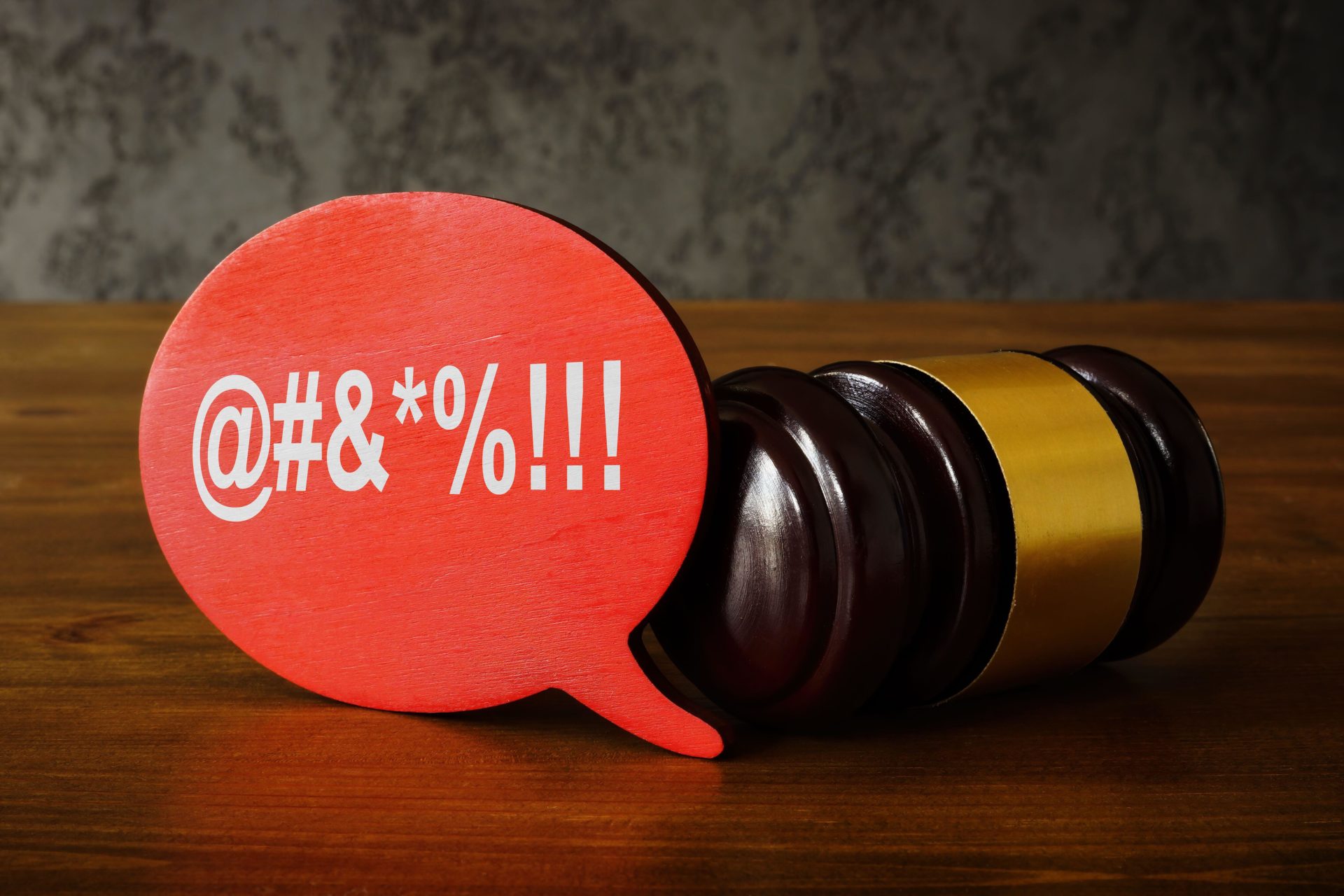People will still have a right to offend and be offended by other people under proposed anti-hate speech legislation.
That’s according to Minister for Justice Helen McEntee, who said her proposed anti-hate speech Bill will create “reasonable incremental change”.
The Criminal Justice (Incitement to Violence or Hatred and Hate Offences) Bill 2022 would make it a criminal offence to say something with the intention to incite harm on a person or group with protected characteristics such as race and gender.
Ms McEntee told On the Record with Gavan Reilly this Bill exists in a “vast amount of modern countries” and simply modernises existing incitement-to-hatred laws.
The Bill has been labelled by some as an attempt to prohibit free speech and debate and was criticised by members of the Seanad this week.
Ms McEntee said someone who offends another person – by misgendering them, for example – would not face criminalisation under the new Bill.
“This is not about policing people's thoughts or opinions and genuinely held beliefs,” she said. “There will still be an ability for people to discuss and to criticise protected characteristics.
“There will still be an ability for people to offend other people - you're not going to have a right to not be offended after this.”
Individuals such as J.K. Rowling who have been vocally critical of transgender rights have never been prosecuted, Ms McEntee pointed out.
 2K75GPG Hate speech concept. Quote bubble with signs and gavel.
2K75GPG Hate speech concept. Quote bubble with signs and gavel.“We've had a lot of discussions in this country in recent years on very difficult topics where people have had extremely different views,” Ms McEntee said.
“We are not saying, under this law, on either side of those views, people would be prosecuted.”
“However, where people intentionally set out to do something knowing that they are going to pit one group of people against another, that is where we're saying a line has been crossed.”
Defining hatred
Others have criticised the Bill for not clearly defining what “hatred” against a protected group or person means.
Ms McEntee said this criticism is not accurate as people “have an understanding of what hatred means”, and she was advised by the Attorney General to not attempt to define hatred in the legislation.
“If you think about hatred, it's not a sign of mild feeling,” she said. “It's not a mild disliking for somebody.”
“However, where we've seen this legislation fall, is where you're trying to prove that somebody intentionally went about to try and stir up hatred against a person or group.”
The Bill is currently in the second Seanad stage, where the general principles of the legislation are debated before recommendations are made.
You can listen back here:









